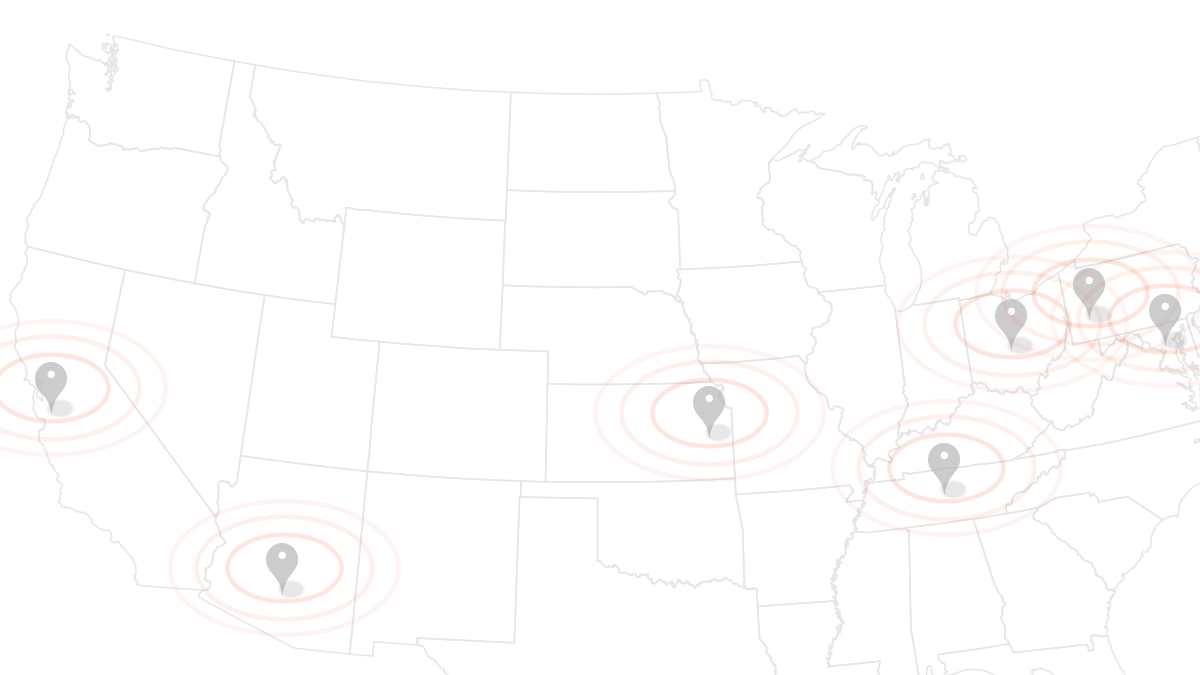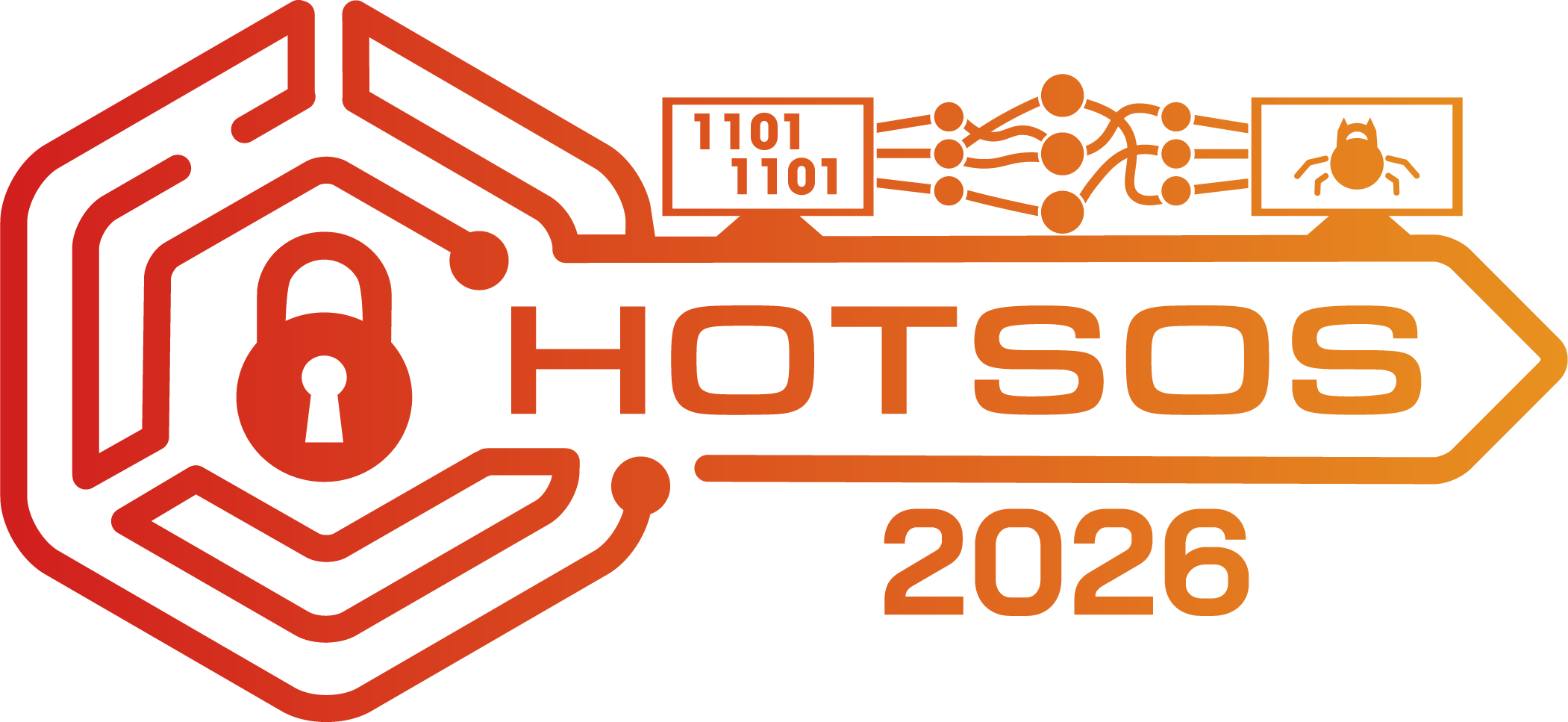Automated Influence and the Challenge of Cognitive Security
| Advances in AI are powering increasingly precise and widespread computational propaganda, posing serious threats to national se-curity. The military and intelligence communities are starting to discuss ways to engage in this space, but the path forward is still unclear. These developments raise pressing ethical questions, about which existing ethics frameworks are silent. Understanding these challenges through the lens of “cognitive security,” we argue, offers a promising approach. |
Sarah Rajtmajer is an assistant professor in the College of Information Sciences and Technology and research associate in the Rock Ethics Institute at The Pennsylvania State University. Before joining the Penn State faculty, she served as a consultant to the Defense Advanced Research Projects Agency on scientific programs aimed at breakthrough technologies for national security, with specific focus on initiatives in big data and computational social science. Prior to her work in consulting, Dr. Rajtmajer was an Intelligence Community Postdoctoral Research Fellow at the Applied Research Laboratory and a Postdoctoral Scholar in the Department of Mathematics at Penn State.
Dr. Rajtmajer has a PhD in Mathematics from the University of Zagreb, Croatia, and a BA in Mathematics from Columbia University.
Daniel Susser is an assistant professor in the College of Information Sciences and Technology and a research associate in the Rock Ethics Institute at The Pennsylvania State University. A philosopher by training, Daniel works at the intersection of technology, ethics, and policy. His research aims to highlight normative issues in the design, development, and use of digital technologies, and to clarify conceptual issues that stand in the way of addressing them through law and policy. At the moment, he’s especially focused on questions about privacy, online influence, and automated decision-making. Daniel received his PhD in philosophy from Stony Brook University and BA in computer science and philosophy from the George Washington University.

